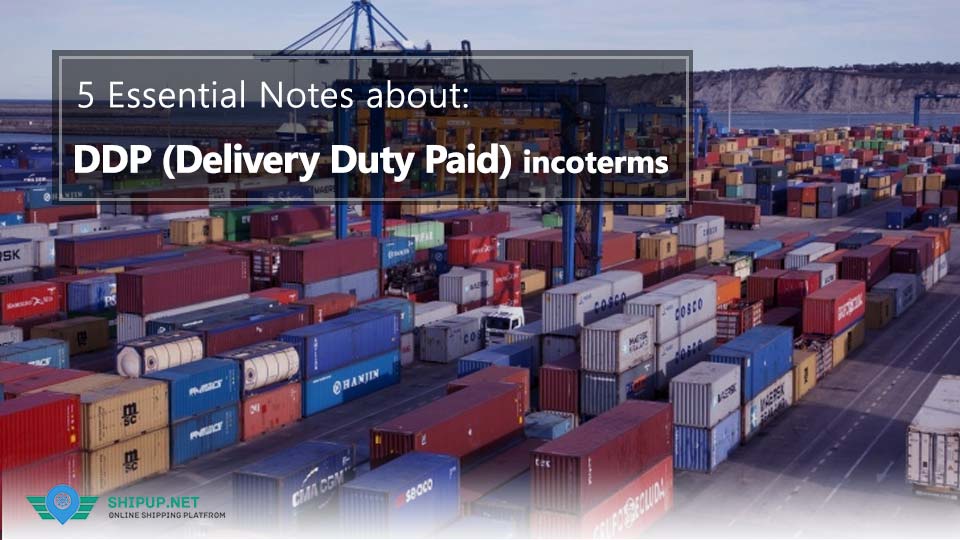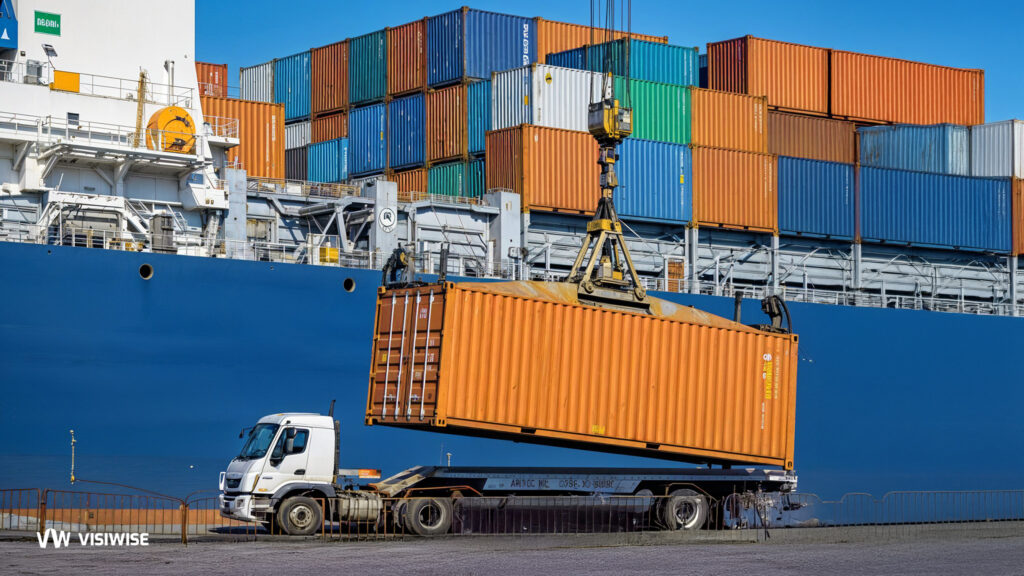DDP Incoterms means that the seller delivers the goods cleared for import ready for unloading on the means of transport at the named place of destination. Under this term the seller bears all the risk and cost up to the named place of destination. The seller arrange all the task and the entire shipment to deliver the goods to the buyer.
1. Is the DDP Incoterms useful in all over the world?
- In some countries only the importer companies can clear the goods for import. In such countries freight forwarders can not do custom clearance. The seller to this countries will face many problems for custom clearance under DDP Incoterms. It is recommended to use the DAP Incoterms term instead.
2. Which party is responsible for unloading the goods from the means of transport under DDP Incoterms?
- The buyer is only responsible for unloading the goods from the arriving means of transport at the named place of destination. The seller arrange the entire shipment and deliver the goods ready for unloading to the buyer.
3. Which costs are advisable to be excluded from the seller account under DDP incoterms?
- It may be advisable to exclude the payment of any charges relating to the “internal” fiscal system in the country of import (such as VAT levied upon import) from the seller’s obligation to pay. The charges intended to be excluded should then be identified in conjunction with the DDP term in the contract of sale, for example, by using a phrase such as “DDP VAT unpaid”.
4. What are the consequences of buyer’s failure to give notice?
- While the seller under EXW and all D-terms can transfer the risk by his own act of placing the goods at the buyer’s disposal, he may be prevented from doing so by the buyer’s failure to give notice.
- The buyer must give the seller sufficient notice about the time within an agreed period and/or the point of taking delivery within the named place of destination.
- The failure to perform these tasks results in a premature passing of the risk: it is not acceptable that the buyer should be able to delay the delivery and the passing of the risk longer than contemplated when the contract of sale was made. Therefore, his failure to notify will cause the risk to pass “from the agreed date or the expiry date of the agreed period for delivery”
5. What is the difference between importing under DDP Incoterms or domestic sourcing?
- When you get a quotation based on DDP term you can find the total cost of a product from the factory floor to your door. Accordingly you can evaluate whether to source domestically or import.
To read the full obligation of the seller and the buyer in DDP Incoterms read the book “ICC Guide to Incoterms 2010”
Other useful links:
Free On Board (FOB) Incoterms
Free Carrier (FCA) Incoterms
Ex Works (EXW) Incoterms
CPT Incoterms (Carriage Paid To)
CIP Incoterms (Carriage and Insurance Paid To)
CFR Incoterms (Cost and Freight)
CIF Incoterms (Cost, Insurance and Freight)
FAS Incoterms (Free Alongside Ship)
DAT Incoterms (Delivered At Terminal)
Incoterms: Shipping Guide Every Trader Must Know



